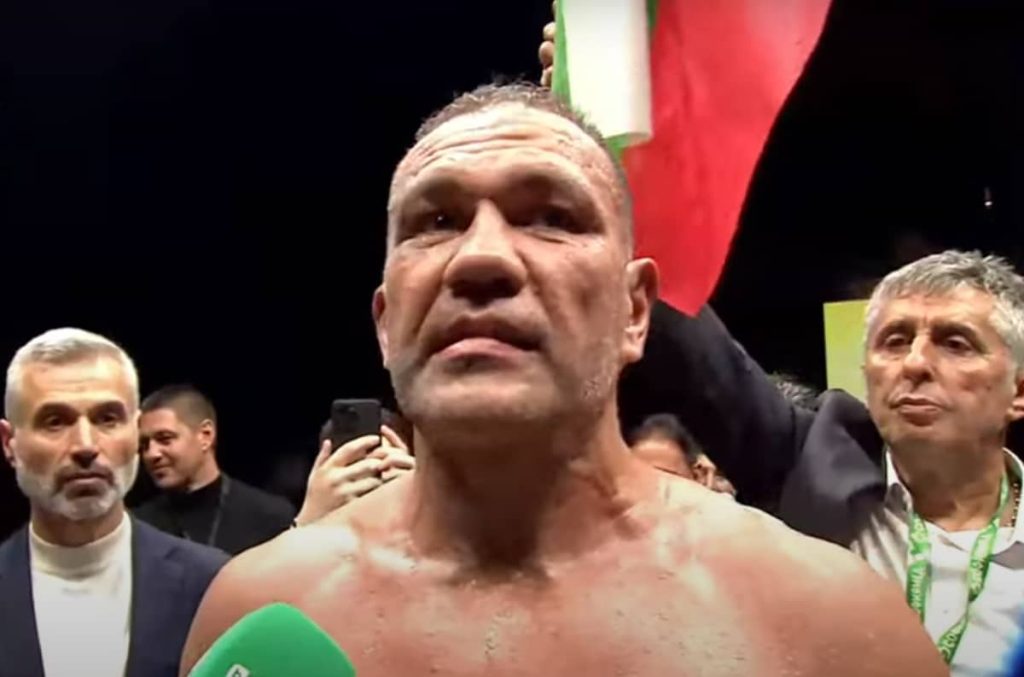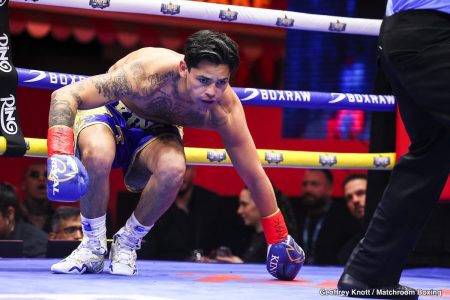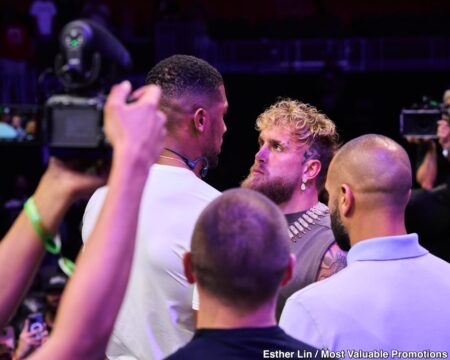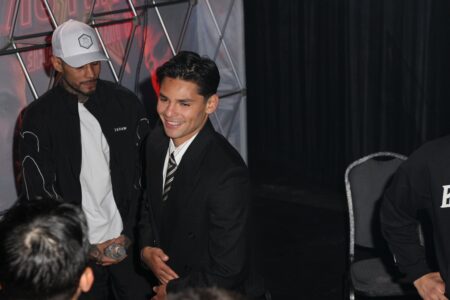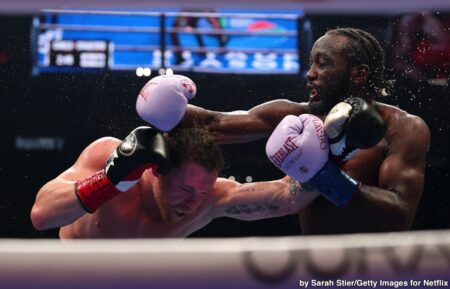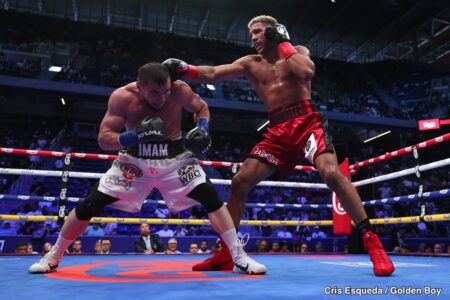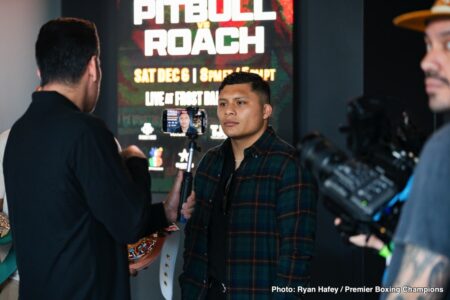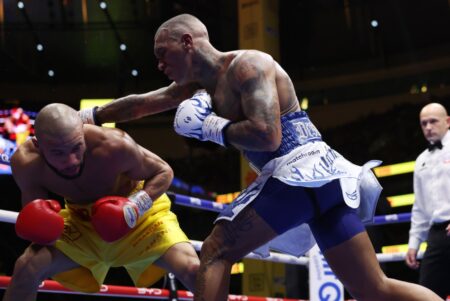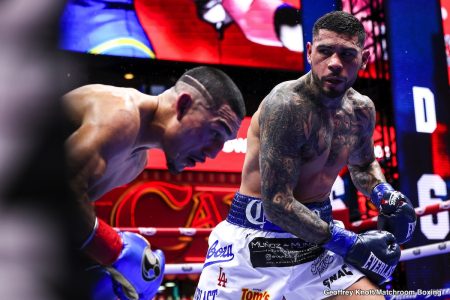The WBA’s Controversial Decision
The World Boxing Association (WBA) has ordered their regular heavyweight champion, Kubrat Pulev (32-3, 14 KOs), to defend his title against the #1 ranked Fabio Wardley (18-0-1, 17 KOs). This decision has sparked controversy, as Pulev, now 43, holds the secondary belt while Oleksandr Usyk is recognized as the main champion. The WBA’s ‘regular’ title has long been a source of confusion and debate among fans, often perceived as less prestigious and less meaningful. Despite Pulev capturing his ‘regular’ WBA strap in December 2022 with a 12-round unanimous decision over Mahmoud Charr, the belt’s legitimacy remains questionable. The WBA has been criticized for maintaining a belt that offers little value to either the champion or the sport itself.
The Age Factor
At 43, Kubrat Pulev’s recent performance against lesser opponents is commendable but does not erase the fact that he is well past his prime. Pulev’s last significant victory against a notable heavyweight champion was in 2016, when he dominated Derek Chisora by a 12-round split decision. Since then, his wins have been against marginal fighters, and he is no longer considered a top contender in the division. His physical capabilities and ring skills have diminished over the years, and it is clear that his best days are behind him. The age factor is a significant hurdle, and while Pulev has maintained a decent level of fitness, his ability to compete with the younger, more skilled heavyweights is questionable.
Wardley’s Promotional Dilemma
Fabio Wardley, at 30, is an eight-year pro with a solid record, but his path to a meaningful title shot has been overshadowed by the questionable nature of this upcoming bout. Wardley’s promoter is setting him up to fight for a secondary title that lacks the prestige and recognition it should have. This move is puzzling, given Wardley’s potential and the need to build his reputation against top-tier competition. Wardley’s last notable performance was a first-round knockout of the 271-lb Frazer Clarke in October 2022, but Clarke is not considered world-class, making the win less significant. The decision to fight Pulev for a belt that does not carry the same weight as the main WBA title undermines Wardley’s credibility and suggests a lack of confidence in his abilities.
Wardley’s Talent and Limitations
While Wardley has shown promise, his talent level is not on par with the elite heavyweights in the division. His performance against 38-year-old Eric Molina in 2021 highlighted his limitations, as he struggled against an experienced journeyman. This bout revealed that Wardley lacks the spark needed to compete with the best in the division. He is more of a British-level heavyweight, and his high ranking is largely due to his domestic success against other British fighters. Wardley’s promoters should be more strategic in their matchmaking, focusing on bouts that will genuinely test his mettle and strengthen his profile.
Who Wardley Should Fight
Instead of targeting a secondary title, Wardley’s promoters should aim to match him against heavyweights who can offer a meaningful challenge and gain him the attention he deserves. Potential opponents include Filip Hrgovic, Bakhodir Jalalov, Martin Bakole, Richard Torrez Jr., Efe Ajagba, Frank Sanchez, and Andy Ruiz. These fighters are known for their skill and are respected in the division. While Wardley may struggle against such opponents, these matches would provide valuable experience and exposure. Fighting for secondary titles against a 43-year-old Pulev is a poor strategy that does more harm than good to Wardley’s career and reputation.
The Broader Implications
The WBA’s decision to maintain and promote the ‘regular’ heavyweight title not only devalues the champion’s achievements but also undermines the sport’s integrity. Fans are left confused and disillusioned by the proliferation of secondary belts, which dilute the significance of genuine world titles. Wardley’s upcoming bout with Pulev is a prime example of how such decisions can harm a fighter’s career and tarnish their image. It is crucial for boxing organizations to prioritize the fans’ interests and the sport’s credibility by phasing out secondary titles and focusing on meaningful, high-stakes matchups.

